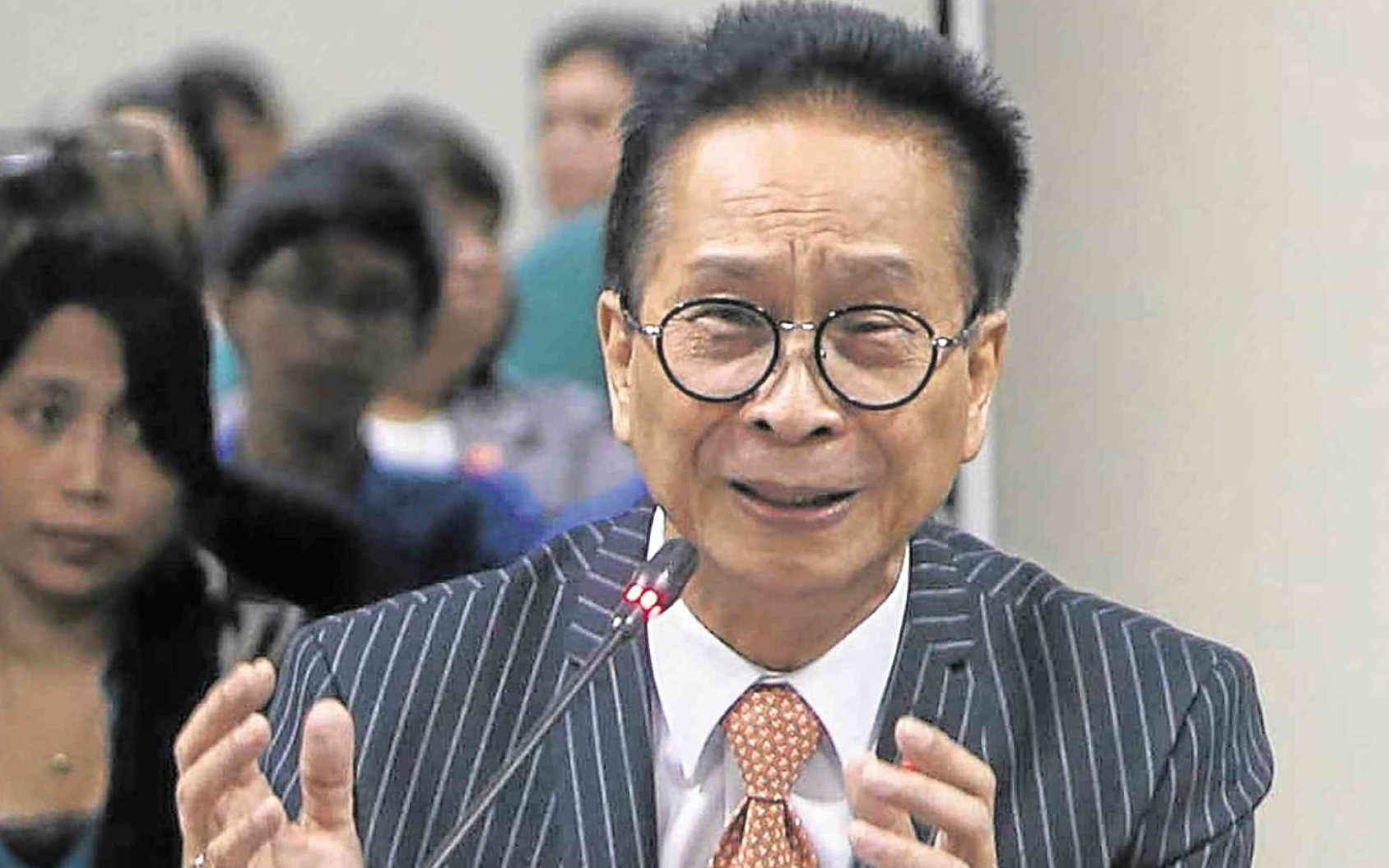MANILA, Philippines – Malacañang on Tuesday dismissed criticisms that alleged human rights violations in the Philippines have affected investor confidence in the country.
Presidential Spokesperson Salvador Panelo said, “There is no direct correlation between human rights and the economy, as some quarters particularly two international lawyers groups would like to point out.”
Panelo was referring to LAWASIA, a regional association of lawyers, judges, jurists and legal organizations, which advocates the interests and concerns of the Asia Pacific legal profession and representatives of the International Association of Democratic Lawyers, the International Association of Lawyers, and the Day] of the Endangered Lawyer Foundation.
LAWASIA claimed that extrajudicial killings in the country have affected business confidence in the Philippines while alleging that there were “severe human rights violations” against lawyers in the country.
“While we continue to adhere to the rule of law and uphold international humanitarian law and the protection of human rights, the critics and the detractors of the administration continue to vilify the President and the government, even raising the issue of human rights in connection with the drug war to other issues such as trade, business and the economy,” Panelo said in a statement.
Despite these accusations, Panelo said “the Philippine economy has been growing at least 6% under the Duterte Administration and according to our economic managers, the strongest economic growth we have seen since the mid-1970s.”
“In the first two full years of the Duterte Administration, when the media propaganda war against the campaign on illegal drugs was virulent,” he said “the Philippines had an unprecedented $20.1-B in net foreign investments in 2017 and 2018 (about $10-B yearly in both years) as compared to the first two full years of the Aquino Administration, which registered $2-B in 2011 and $3.2-B in 2012.”
“There has been a strong investor confidence in the economy under the decisive leadership of President Rodrigo Roa Duterte,” he said.
“His strong political will,” he added, “has been recognized in pushing for reforms, which includes, but not limited to, the signing of Republic Act 11032, or the Ease of Doing Business Act. The Philippines’ 48-notch jump to 19th place out of 193 countries in the e-Participation Index of the United Nations underscores the administration’s notable performance to streamline the business registration process in the country.”
He also touted the Build, Build, Build Infrastructure Program of the government, which he said “is now full steam ahead.”
“As we all know, lack of infrastructure hampered the competitiveness of our economy; thus, the administration committed more resources to infrastructure,” he said.
“In his first two years in office (2017 and 2018), the President,” he said, “obligated 6.3% of GDP to infrastructure, which is two to three times as much as his previous predecessors — 1.7% under Ramos, 1.8% under Estrada, 1.6% under Arroyo, 3.0% under Aquino.”
“These are hard facts and figures, which cannot be disputed and which should be relayed by those in capable positions to the public, including those in the international community. They are more reliable than some anecdotes that are politically colored by some groups or interests,” he said.
He said the international groups of lawyers claim “that our foreign investments have been or will be adversely affected by the issues on human rights and EJKs” is far from the truth.
“As our economic managers succinctly expounded, foreign investments are anchored on principal considerations, they are: macroeconomic fundamentals, no or minimal restriction on foreign equity on investment areas and activities, ease of doing business, good infrastructure, non-restrictive labor laws, and consistent policy milieu,” he said. /cbb
